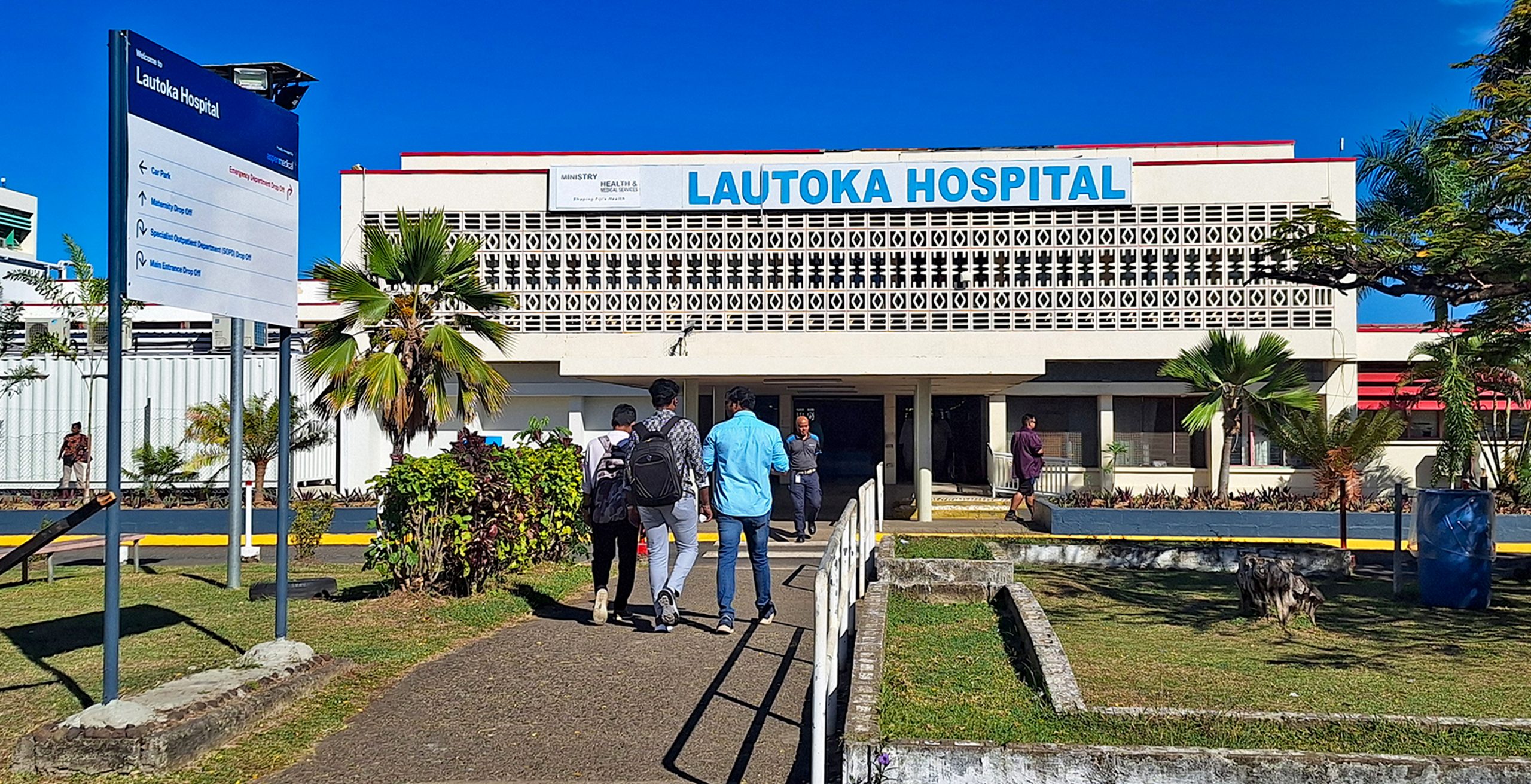GOVERNMENT is taking back control of outpatient medicine supplies at Ba and Lautoka hospitals, as the Finance Minister called out the controversial public-private partnership (PPP) arrangement in place for the operation of the facilities.
Calling the agreement a “blank cheque” deal that Fiji could never afford, Deputy Prime Minister and Minister for Finance Professor Biman Prasad said the Ministry of Health had now assumed responsibility for supplying outpatient medicines at the two hospitals — a move he insists is necessary as Government wrestles with the ballooning costs and complications of its PPP with Aspen Medical and Health Care Fiji (HCF).
Prof Prasad told The Fiji Times that negotiations with Aspen and HCF were “still going on” but confirmed the original concession agreement, signed by the former government, never included outpatient medicines.
“As per the agreement that was signed by Aiyaz (former minister for economy), it never included outpatient medicines, so Aspen was providing that with a significant cost to the government,” he said.
“The Ministry of Health has now taken over the provision of outpatient medicines, and this is available.” While inpatients will continue to receive all medicines and consumables, Prof Prasad said the agreement clearly left outpatient provision to the Government. “In line with the concession agreement, HCF is not required to provide outpatient medicines as the concession agreement envisaged that the Government/Ministry of Health would set up a public dispensary at the Lautoka hospital to provide outpatient medicines.”
Because the previous government handed over the hospitals earlier than planned, transitional arrangements are now in place. Outpatient medicines are currently being dispensed through: Western Health Divisional Office in Vidilo House, Kamikamica Health Centre, Punjas Health Centre, Dispensary outside Ba Hospital, and private pharmacies under the Free Medicine Scheme.
Additional dispensary centres are planned, including permanent facilities at both hospitals.
To improve supply reliability, Prof Prasad announced last year a new pharmacopeia agreement with India to ensure basic medicines are delivered on time to all hospitals, health centres, and nursing stations.
“The Ministry of Health is confident that with this new arrangement, the cost of basic medicine will also reduce and that it will be available in every health facility.”
He also said the Government would review the Fiji Pharmaceutical and Biomedical Services (FPBS) to make medicine procurement and supply more efficient.
During the 2024-2025 National Budget debate, Prof Prasad revisited the troubled history of the Ba-Lautoka hospitals PPP.
“This is the Ba-Lautoka Hospital project, a public-private partnership, or PPP, involving the Government, Fiji National Provident Fund and Aspen Medical of Australia.
“I want to dwell on this for a moment because the people of Fiji need to understand exactly how this deal was done, the challenges it now presents for the Government and the lessons we must learn from it.”
He said the project, initiated in 2019, bypassed the Ministry of Health entirely and lacked a proper demand study.
“The Concession Agreement was basically a blank cheque for the concessionaire.” Under political direction, he said, the Fiji National Provident Fund was “forced to take an 80 per cent stake in HCF without assessing the investment”.
“This was the extent of the serious and unlawful political interference in the affairs of FNPF that was taking place at the time.”
Despite COVID-19 delays, Prof Prasad said the previous government ordered HCF to start providing services in 2022 before rebuilding had even begun.
“Two years later, these terms have still not been documented,” he said, calling the move “pure politics” aimed at winning votes before the 2022 elections.
“The current cost of the services, about $10million a month, is consuming more than one-fifth of Fiji’s national health budget.
“The Government cannot afford it in its current form. It could never afford it.”
Talks with HCF now aim to completely renegotiate the project, possibly narrowing the scope of free medical services and introducing user-pays or means testing for more complex treatments.
“Overall, Fiji has a poor record in the implementation of public-private partnerships … This is why it is important that we make this project a success,” Prof Biman said.

